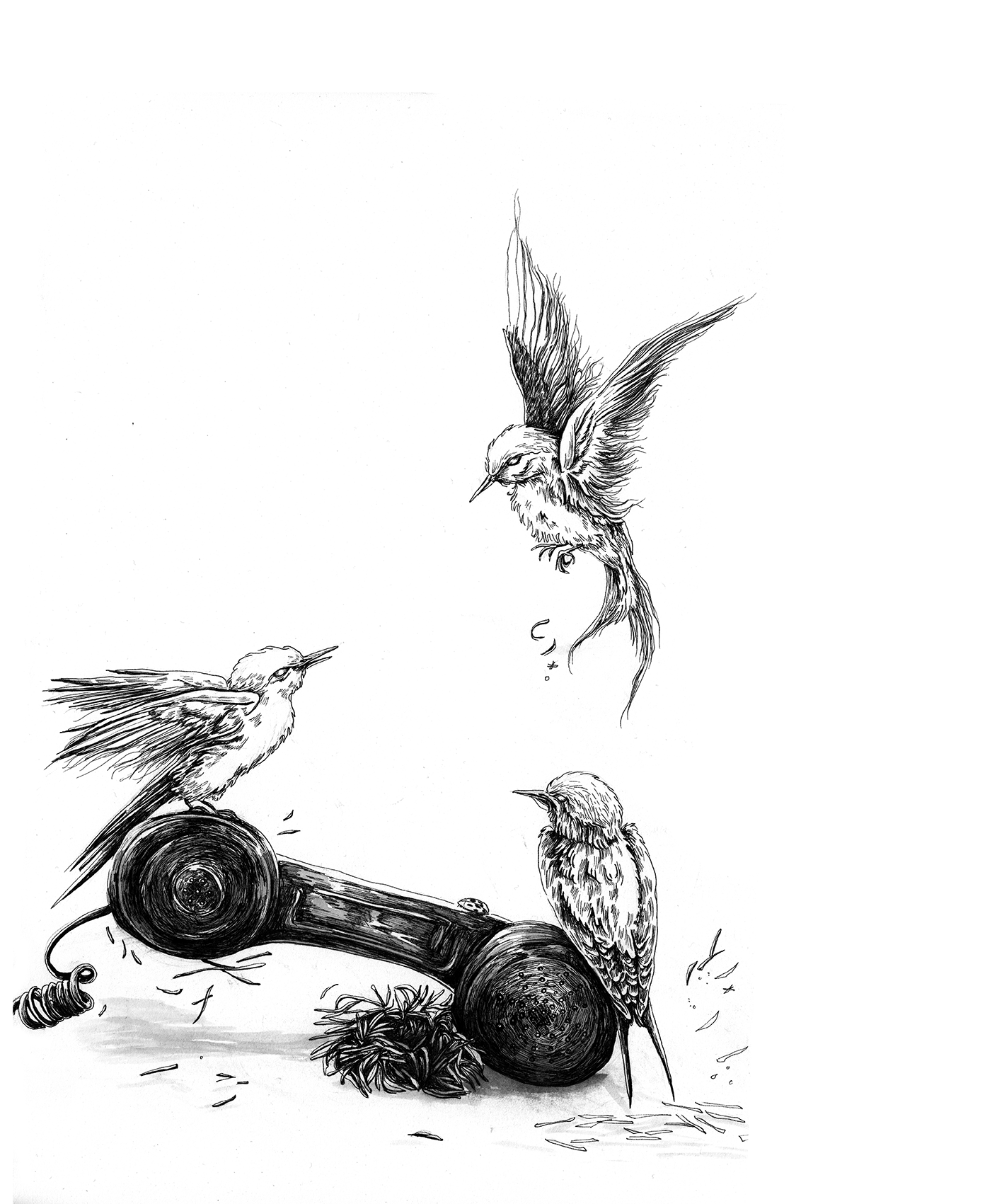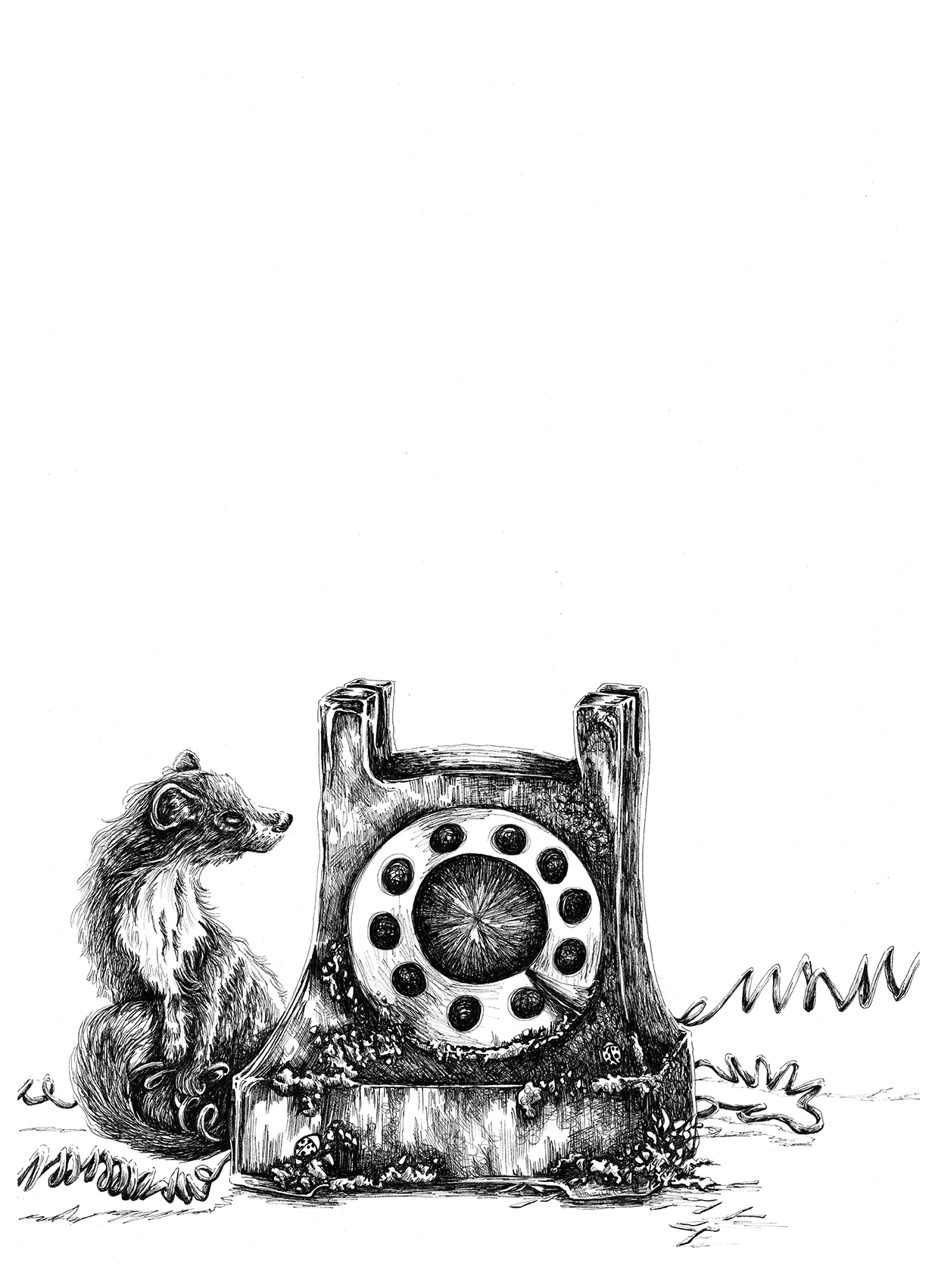Have you ever wondered what "hung up" really means? Whether you've encountered this phrase in casual conversation, song lyrics, or written texts, understanding its meaning and context is essential. The term "hung up" is versatile, carrying different interpretations depending on the situation. From emotional baggage to literal phone actions, this phrase plays a significant role in modern communication. By delving deeper into its meaning, you'll gain a clearer understanding of how it enriches language and connects people.
Language evolves over time, and phrases like "hung up" demonstrate how words adapt to cultural shifts. This phrase is often associated with feelings of being stuck or preoccupied, especially in emotional or psychological contexts. However, it can also refer to the physical act of ending a phone call or hanging something up. Regardless of its usage, "hung up" remains a widely recognized term that resonates across generations and cultures.
In this article, we’ll explore the various meanings of "hung up," its origins, and how it fits into everyday language. We’ll also discuss its applications in pop culture, psychology, and communication. By the end of this guide, you'll have a comprehensive understanding of the term and its significance. So, let’s dive in and uncover the layers of meaning behind "hung up."
Read also:Tyla Weight And Height The Intriguing Stats Of Your Favorite Star
Table of Contents
What Does "Hung Up" Mean?
The phrase "hung up" has multiple meanings, depending on the context in which it is used. At its core, the term can refer to:
- Ending a phone call: In the literal sense, "hung up" means to terminate a phone conversation by placing the receiver back on the hook or pressing the "end call" button on a mobile device.
- Being preoccupied: Figuratively, "hung up" describes a state of being overly focused or fixated on a particular issue, emotion, or problem.
- Hanging something: In a physical sense, it can mean suspending an object, such as clothing or artwork, on a hook or wall.
The versatility of "hung up" makes it a valuable addition to everyday language. Its ability to convey both literal and metaphorical meanings ensures its continued relevance in modern communication.
Origins and Etymology
The origins of "hung up" can be traced back to the development of telecommunication systems. In the early days of telephones, users had to physically place the receiver back on the hook to end a call. This action gave rise to the phrase "hung up," which became synonymous with ending a conversation.
Over time, the term evolved to encompass broader meanings. By the mid-20th century, "hung up" began appearing in psychological and emotional contexts, often describing individuals who were stuck on a particular issue or unable to move past a specific event. This shift in usage highlights the dynamic nature of language and its ability to adapt to new cultural norms.
Emotional Context
When used in an emotional or psychological context, "hung up" refers to being fixated on a particular thought, feeling, or experience. For example:
- Someone might say, "I'm hung up on that argument we had last week," indicating they are still dwelling on the disagreement.
- A person who is "hung up" on a past relationship may struggle to move forward emotionally.
This usage underscores the phrase's ability to capture the complexities of human emotions. It serves as a reminder of how language can encapsulate the nuances of the human experience.
Read also:Cole Sturgis Life Below Zero And His Wifes Journey
Impact on Mental Health
Being "hung up" on negative thoughts or experiences can have a significant impact on mental health. Psychologists often encourage individuals to address these emotional hang-ups through therapy, mindfulness, or self-reflection. By acknowledging and processing these feelings, people can achieve greater emotional clarity and well-being.
Communication Context
In communication, "hung up" is most commonly associated with ending phone calls. This usage remains prevalent in both casual and professional settings. For example:
- "I tried calling him, but he hung up before I could explain."
- "She got so upset during the conversation that she hung up on me."
While modern technology has replaced physical phone hooks with digital interfaces, the phrase "hung up" persists as a linguistic relic of earlier times. Its continued use demonstrates the enduring influence of traditional communication methods.
Modern Interpretations
With the rise of instant messaging and video calls, the concept of "hanging up" has expanded to include ending digital conversations. For instance, abruptly ending a video call or ignoring a text message can be described as "hanging up" in a figurative sense. This evolution reflects the adaptability of language to new forms of interaction.
Pop Culture Impact
"Hung Up" has also made its mark in popular culture, particularly in music and film. One of the most iconic examples is Madonna's hit song "Hung Up," released in 2005. The song uses the phrase metaphorically to describe the lingering effects of a past relationship. Its catchy melody and relatable lyrics helped cement "hung up" as a cultural touchstone.
In movies and TV shows, characters often "hang up" on each other during heated arguments or dramatic moments. This trope adds tension and emotional depth to storytelling, making the phrase a staple of narrative devices.
Psychological Perspective
From a psychological standpoint, being "hung up" on something can indicate unresolved issues or emotional baggage. Therapists often explore these hang-ups with clients to help them process and release negative emotions. Cognitive-behavioral therapy (CBT), for instance, focuses on identifying and addressing thought patterns that contribute to emotional distress.
Breaking Free from Hang-Ups
Overcoming emotional hang-ups requires self-awareness and proactive steps. Some strategies include:
- Practicing mindfulness and meditation to stay present.
- Seeking professional guidance from a therapist or counselor.
- Engaging in creative outlets like writing or art to express emotions.
By taking these steps, individuals can reduce the impact of emotional hang-ups and improve their overall mental health.
Common Examples of "Hung Up"
To better understand how "hung up" is used in everyday language, consider the following examples:
- "I don't want to get hung up on the details; let's focus on the big picture."
- "She seemed really hung up on what he said during the meeting."
- "He hung up the phone before I could finish my sentence."
These examples illustrate the phrase's versatility and its ability to convey different meanings based on context.
Long-Tail Variations of "Hung Up"
Long-tail variations of "hung up" can help diversify your content and improve SEO. Some examples include:
- "What does it mean to be hung up on someone?"
- "How to stop being hung up on the past."
- "The psychology behind being hung up on negative thoughts."
Incorporating these variations into your writing ensures a natural flow while targeting a broader audience.
Real-Life Applications
Understanding the meaning of "hung up" can enhance your communication skills and emotional intelligence. For instance:
- In professional settings, recognizing when someone is "hung up" on a particular issue can help you address their concerns more effectively.
- In personal relationships, acknowledging emotional hang-ups can foster deeper connections and mutual understanding.
By applying this knowledge in real-life scenarios, you can improve your interactions and relationships with others.
Conclusion
In conclusion, "hung up" is a multifaceted phrase with a rich history and diverse applications. Whether used to describe emotional preoccupations, communication actions, or cultural references, this term continues to play a vital role in modern language. By exploring its origins, meanings, and real-life implications, we gain a deeper appreciation for its significance.
If you found this article helpful, feel free to share it with others or leave a comment below. For more insights into language and communication, check out our other articles on related topics. Together, let's continue to explore the fascinating world of words and their meanings!

